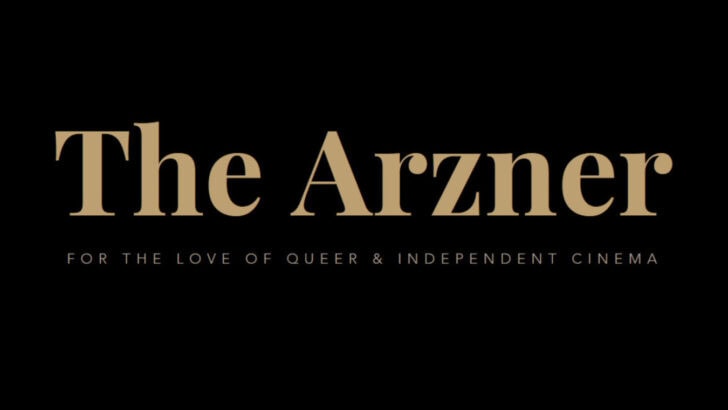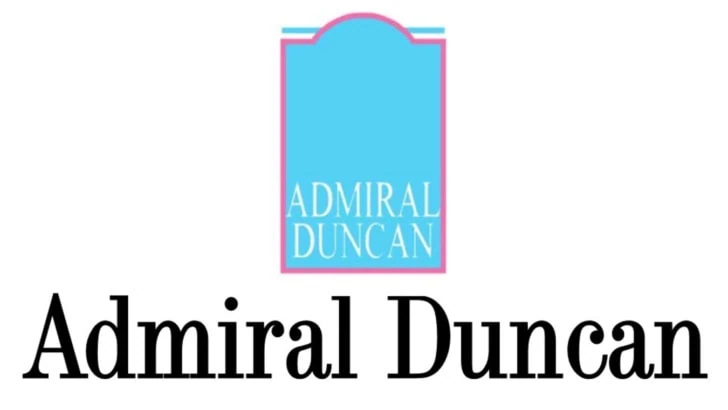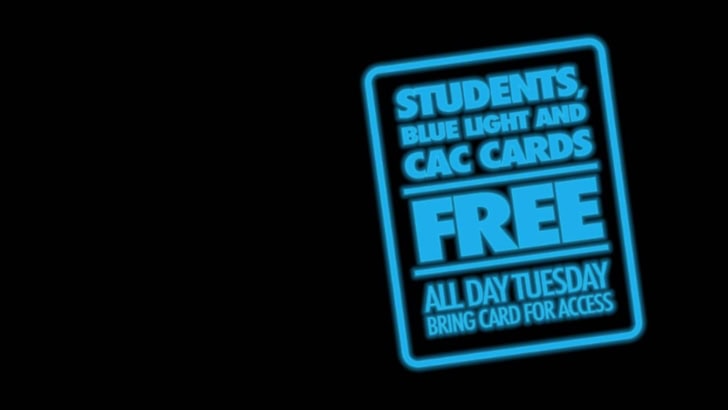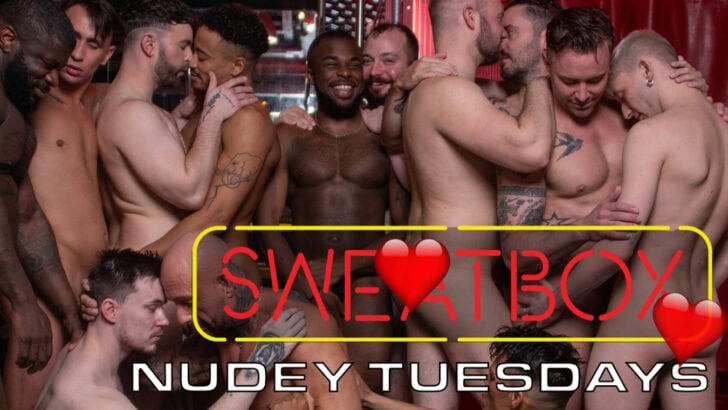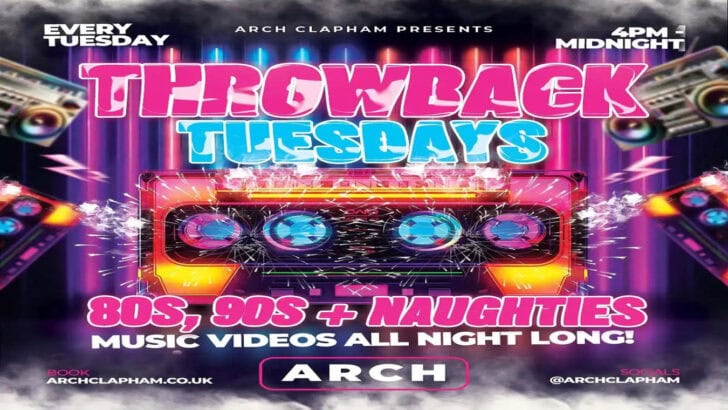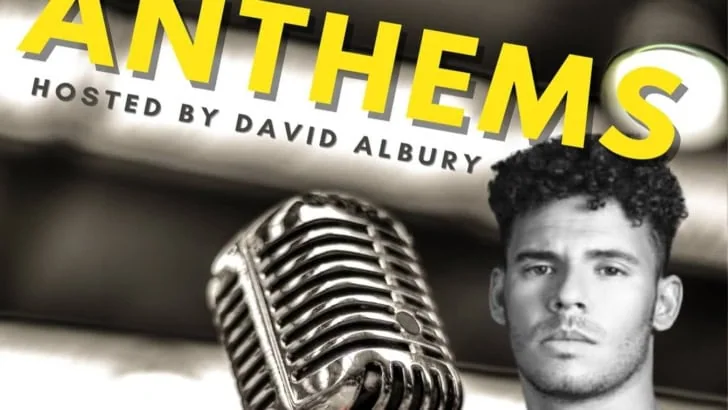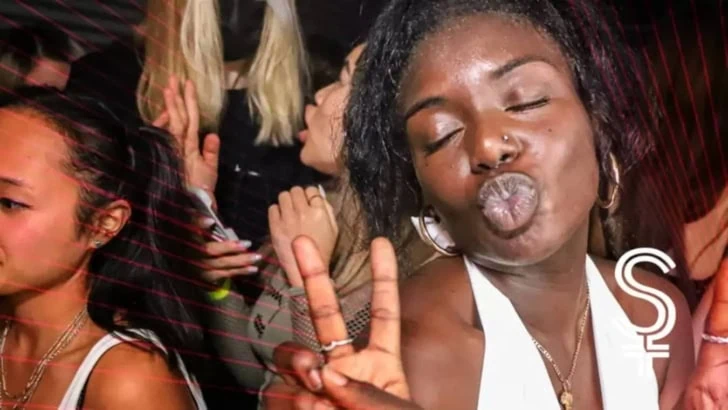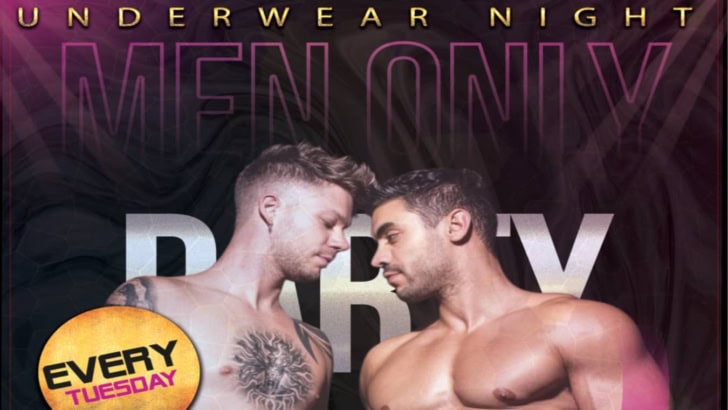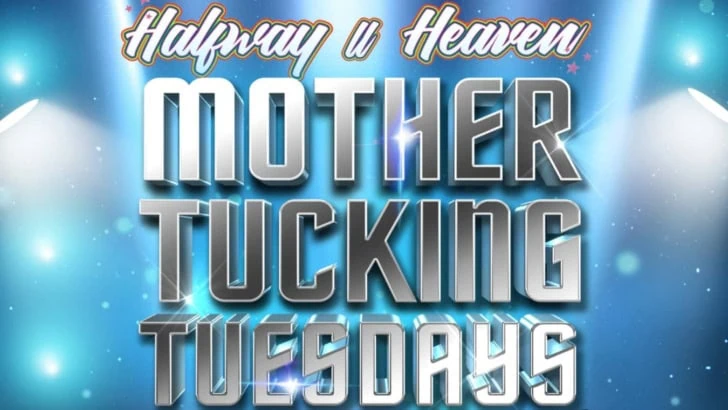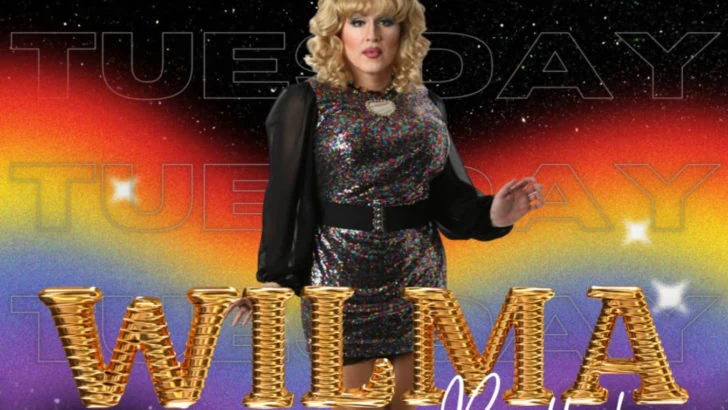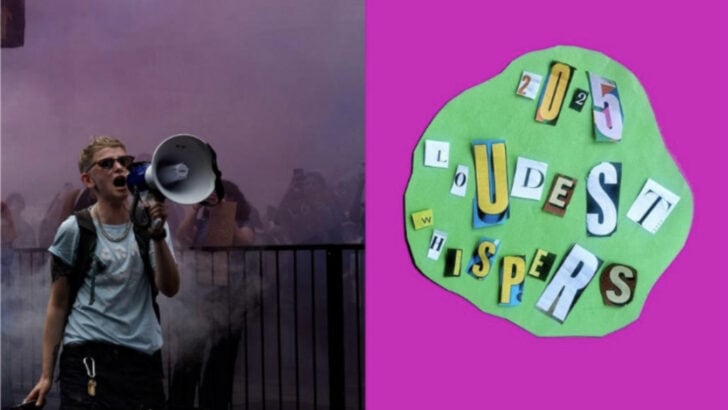Anna Martine is a unique, talented and formidably intelligent young actor. She’s just finished a critically acclaimed run in Rotterdam on the West End, a play about a woman who goes through a transition from male to female.
Since then she’s been speaking out about gender and women’s rights, and how women are treated in the acting industry, writing articles on the subject for LGBT friendly media outlets like The Huffington Post and Gay Star News.
Now she speaks to Dylan Jones about queer representation in theatre, and about LGBTQ rights in a wider sense.
So tell me about the play you’ve been in, Rotterdam. It’s been phenomenally well received hasn’t it?
It has! It’s mind-blowing. The buzz was brilliant. I can’t believe it’s over. We had all sorts come to see the show. It really connected with people. I think audiences were mainly surprised at how funny it was, because it deals with some really complex issues, like gender and identity and sexuality. So I think people were kind of shocked. And shocked that they were moved by such a piece. So that’s been the biggest joy, and the biggest surprise. It’s really an important piece.
It is important! Mainstream theatre is lacking in a queer angle.
Totally! I’m glad you said that. Because a lot of people were like “oh my god, this is not just a queer play, it’s a great play.” And we’re hungry for good narratives. And they’re coming up more and more in TV and film. But to really have LGBTQIA+ themes in the West End, with people coming from across the board to see it…yes, there were some from the queer community, but also, people who perhaps aren’t so familiar with these worlds, or these particular issues. I’ve had people come up to me with tears in their eyes, and crying, and laughing and saying “god I didn’t expect it to be this good” and also saying “I didn’t expect to be moved by it.” And I’m just like, wow, that’s why we go to the theatre. We want to be moved.
Hopefully people were made to think about issues that they’ve never really thought about before…
Yeah, for sure. It did open it up for beginners. Through the four different characters in the play, we had these four different access points, so people could really relate to it on a human level. It was accessible, without being patronizing. People from the trans community and queer community could really enjoy the details. John Britton the writer is amazing. He really found the voices of these characters, and created these characters. And they were flawed! As we all are, as humans. They’re not perfect, preachy characters. But they’re interesting. They mess up. And it’s about relationships. Yes, romantic, but also friendships as well. And that’s something that EVERYBODY can relate to.
Did you do any research into playing a transgender character?
Yeah, absolutely! What’s really great is that throughout the development of the play, the writer, the producer, the creative team, we all had an open dialogue with people within the trans community, and organizations like Gendered Intelligence. So I felt very confident approaching my role and approaching this character. I did a lot of research, including talking to people in the trans community who I know personally. And there’s so much online! There’s a plethora of information, experiences, people reaching out to each other…there’s so much support and joy online. It’s really great. There was so much I gleaned from the online trans community. Stories and experiences. And what happens with the character Fiona/Adrien, is in the first act, he is Fiona. And then in the second act, he is four months down the line of transitioning into Adrien. It’s kind of early days, but it’s just incredible what happens to the body, and the voice, and your mind, your spirit. Because you’re so close to something. You’re so close to becoming the person you were always meant to be!
It must be an amazing exercise as an actor.
You’re absolutely right. It’s fascinating in terms of exploring the space. How we navigate the space around us. Including the typical masculine and the typical feminine. But also all of the complex, beautiful places in between and around all the different gender identities. And how we perform our gender every single day.
Gender is a performance isn’t it.
It totally is. It’s something that’s within our culture. Different colour codes and divides, which are fascinating to explore. But it can also be really restrictive. I’m super, super passionate about gender-neutral arts and getting rid of that divide as an indicator of how to play a role, or how to tell a story.
What do you think of how Hollywood is treating gender roles at the moment?
Well, things are changing. I think we should always celebrate that. People like Geena Davis and the Geena Davis Institute, are championing women in front of and behind the camera. And challenging how we represent particularly women and girls in the media, but also men and boys. Challenging gender in the media and how every single gender has to perform in a particular way, and how we expect gender to be performed. The queer community, we’re hungry for representation in Hollywood and they’re still not delivering. Netflix is amazing. For example, I’m pretty sure it crashed the weekend they released the new season of Orange Is The New Black.
Yeah they’re really on point aren’t they. They’re doing good stuff.
They totally are! It’s great, it’s really exciting!
And it also proves that Hollywood’s fear is completely unfounded. Because they’re putting trans issues to the forefront and it’s still getting commercial and critical acclaim.
You’re right. And there is change coming along. But it also needs to change in the boardroom doesn’t it. We need a more diverse group of people making the big decisions. It has to change all the way up. But you’re right! If it’s making money, which essentially I suppose is Hollywood’s main concern, shouldn’t these kinds of programs and films stand alone? The lack of it is very frustrating, but also, whenever something with queer issues DOES come out, I want to celebrate it and talk about it, and promote it. I think it’s really important that we do that.





